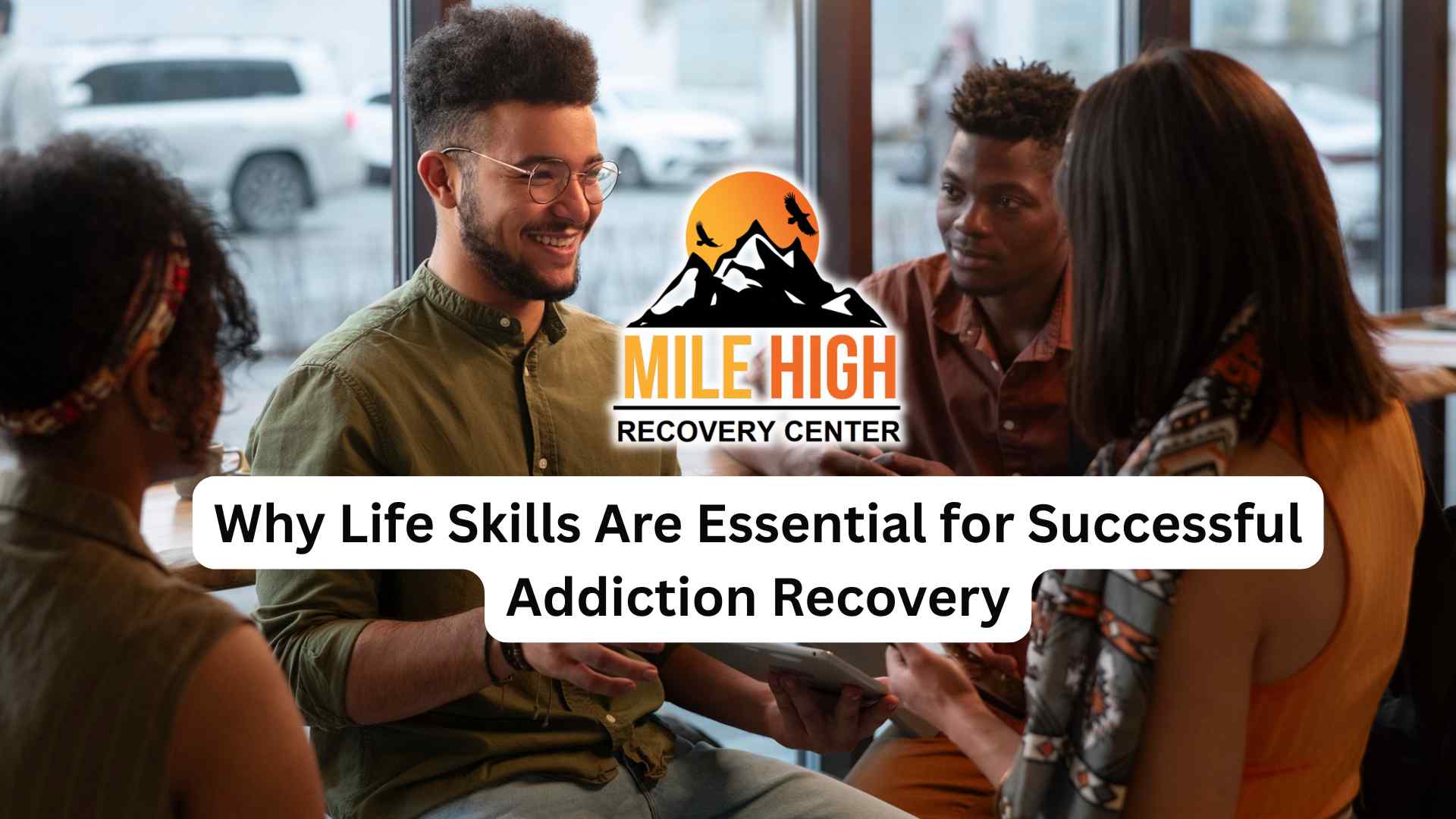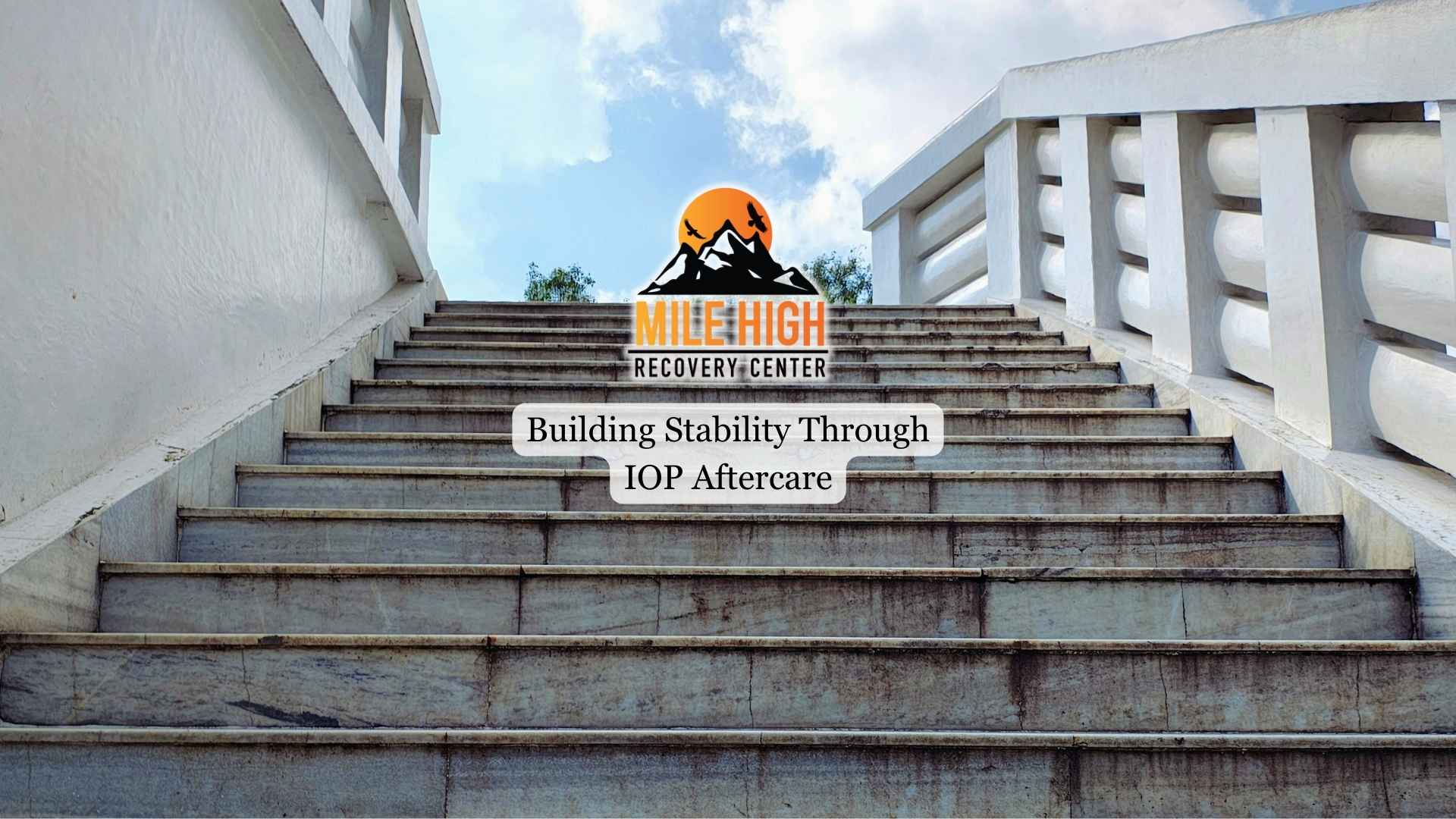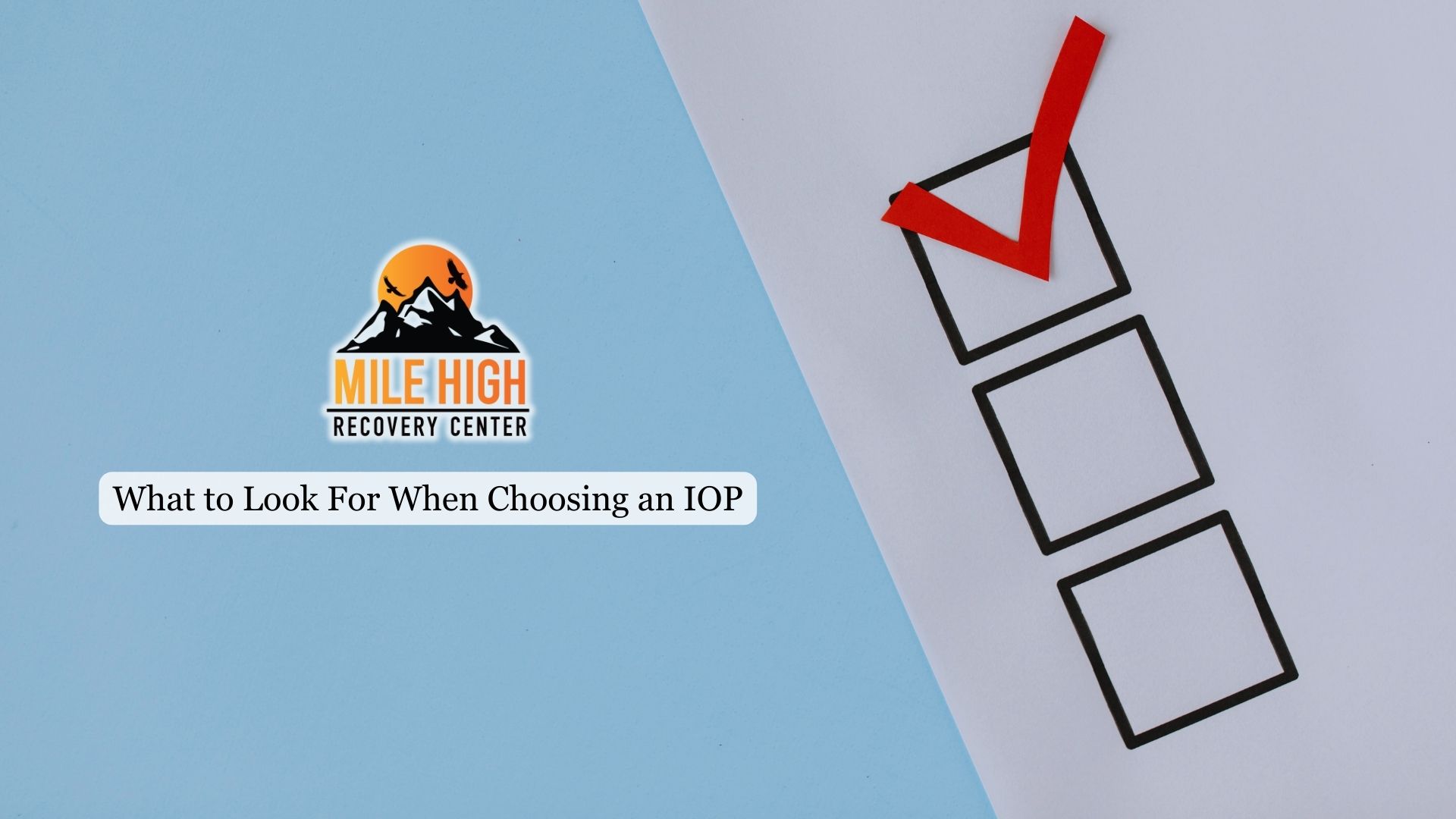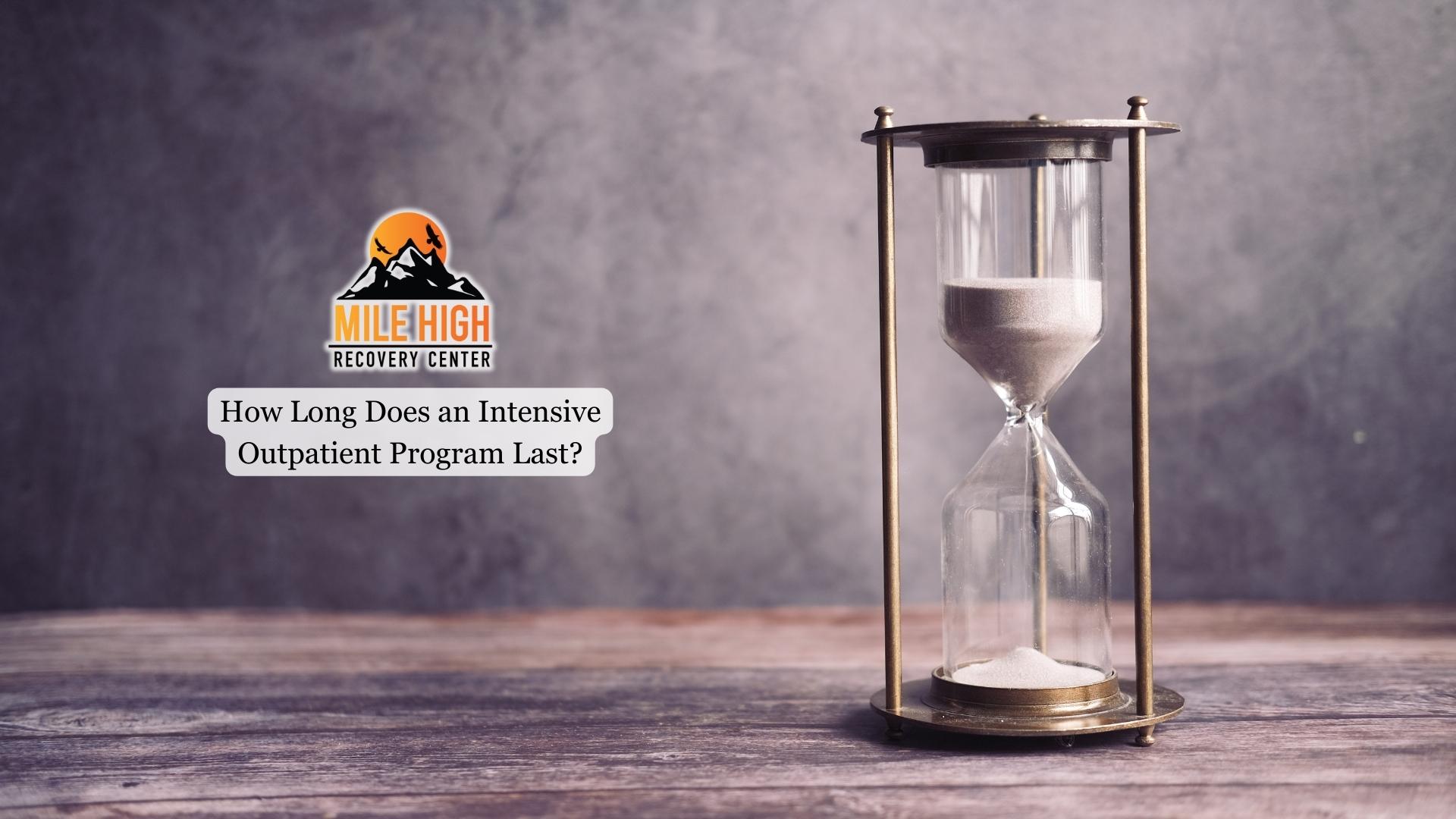Addiction recovery involves more than achieving sobriety. It requires rebuilding the abilities needed to manage daily life effectively. Substance use disorders often disrupt emotional regulation, decision-making, and social functioning, leaving people unprepared for the demands of independent living.
Developing life skills bridges this gap by helping patients plan their days, make healthier choices, and sustain long-term sobriety. This article explores what these mean in recovery, how the condition affects them, which ones matter most, and how they are taught and maintained in treatment programs.

What Are Life Skills?
In addiction recovery, the term refers to practical, teachable abilities that allow people to function successfully. They are tangible, repeatable actions that promote stability and self-reliance. Key areas include emotional regulation, communication, decision-making, time management, financial literacy, and self-care.
Emotional regulation helps people manage stress and difficult emotions without turning to substances. Mastery of communication supports healthy expression, listening, and conflict resolution. Decision-making and problem-solving foster clear thinking and responsible choices. Time management and routine building establish a framework of activities and reduce idle time.
Financial literacy teaches budgeting and responsible spending, while self-care emphasizes the importance of sleep, nutrition, and physical well-being.
How Addiction Impacts Daily Life
Addiction can disrupt everyday routines, making even basic responsibilities feel overwhelming. Chronic substance use alters brain areas involved in memory, attention, and impulse control, which are the key components of executive functioning. These changes can make it difficult for a person to plan, stay organized, or control impulses.
Emotional regulation also weakens as the brain becomes accustomed to using substances for relief. Daily routines eventually deteriorate, and responsibilities such as paying bills, attending appointments, or maintaining personal health may be neglected. Relationships may suffer from secrecy and conflict, further isolating them from supportive networks. Treatment programs help residents relearn practical knowledge, giving them the tools to manage daily responsibilities, rebuild independence, and stay on track for lasting sobriety.
Key Life Skills That Support Recovery
Certain skills play a particularly important role in maintaining sobriety. Emotional regulation and stress management techniques, such as mindfulness, deep breathing, and journaling, help one cope with distress before it escalates into cravings. Communication and boundary-setting strengthen relationships and help rebuild trust with family and peers. Decision-making and problem-solving promote responsible choices, especially in high-risk situations.
Time management and consistent daily activities reduce unproductive periods that can trigger substance use. Financial literacy builds confidence in handling money, reducing stress from debt or instability. Self-care practices like maintaining sleep hygiene, balanced nutrition, and physical activity support overall health and recovery. These allow individuals to manage both immediate challenges and long-term goals effectively.
Benefits of Developing Life Skills in Recovery
Learning and practicing these improve functioning and self-confidence during recovery. Those who strengthen coping and management techniques demonstrate lower relapse rates and greater satisfaction. Routines promote stability and reduce exposure to triggers, while improved communication enhances social support.
As one gains confidence in handling daily responsibilities, they experience a stronger sense of control and independence. These cumulative benefits extend beyond sobriety, supporting success in education, employment, and relationships. Consistent application of these techniques helps transform recovery from short-term abstinence into a long-term, sustainable lifestyle.

Life Skills Training in Addiction Treatment Programs
Outpatient, inpatient, and residential treatment for addiction recovery often combine evidence-based therapies such as Cognitive Behavioral Therapy (CBT), Dialectical Behavior Therapy (DBT), and Motivational Interviewing (MI) with supervised skill-building activities. Clients may participate in workshops that focus on stress management, budgeting, communication, and job readiness to prepare them after treatment.
Role-playing exercises and real-world assignments, such as meal planning, scheduling appointments, or engaging in community activities, help people apply what they learn in practical settings. Case management services frequently connect clients to employment assistance, housing support, or legal resources to strengthen independence and stability. In addition, sober living homes emphasize accountability through chores, curfews, and peer collaboration. Together, these components ensure that individuals completing treatment possess both the emotional insight and practical skills essential for long-term recovery.
Practical Tips for Building Life Skills Post-Treatment
Continuing to develop life skills after leaving treatment requires consistency and discipline. Establishing daily routines that include set wake-up times, meals, physical activity, and support meetings helps create predictability and balance. Using planners, apps, or reminders can assist with time management and appointments.
Maintaining a basic budget for essentials, such as rent, food, and transportation, prevents financial stress, while regularly reviewing spending builds accountability. Staying connected to therapists, peer mentors, or support groups like SMART Recovery or 12-Step programs provides ongoing encouragement and feedback.
Community resources, including local colleges and American Job Centers, often offer affordable classes in computer and financial literacy or career development.
Final Thoughts from Mile High Recovery
Life skills transform the motivation for sobriety into concrete actions that promote stability, confidence, and resilience. Strengthening emotional regulation, communication, decision-making, time management, financial responsibility, and self-care allows you to maintain independence and navigate challenges without returning to substance use.
At Mile High Recovery Center, our residential treatment program in Denver, CO, emphasizes both therapeutic healing and practical skill development. We provide a supportive environment where individuals can build the tools needed to sustain recovery, strengthen mental health, and foster long-term success in sobriety.







